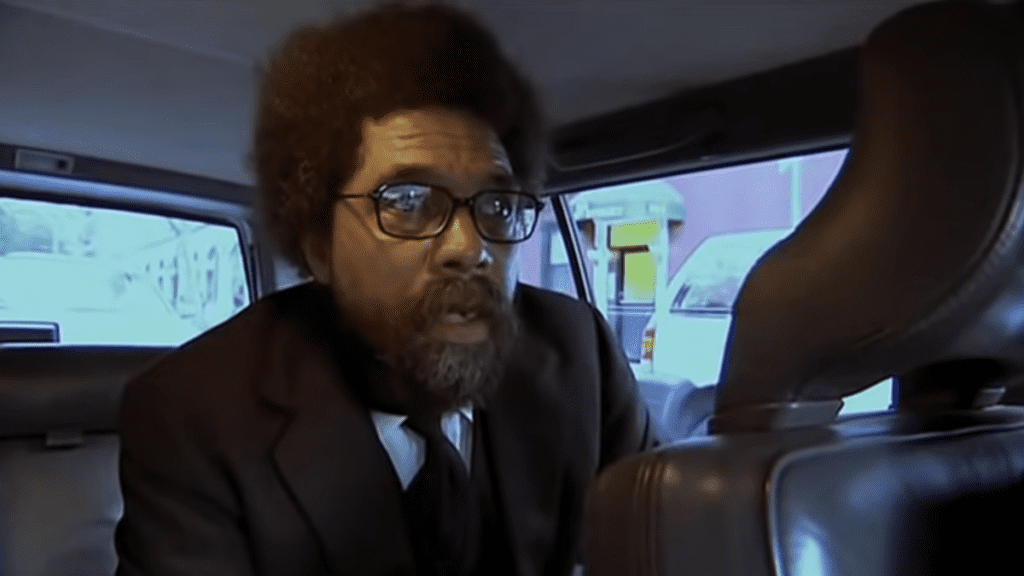Take A Ride In A Volvo Wagon With Philosopher Cornel West

Let’s go back to 2008. That’s 15 years ago, which I’m making a point of only to emphasize the timelessness of the boxy Volvo wagon, where philosopher Cornel West held an impromptu lecture on the nature of the United States of America and its demos, or common people of the state — the very same people who made the brown Volvo station wagon one of the symbols of car enthusiasts from sea to shining sea.
The Ford Taurus Is Reborn — But Only For the Middle East
From the short video, which is an excerpt from a 2008 documentary called the Examined Life, it’s unclear if the station wagon West is riding in is, indeed, brown or not, but from the flashes of the dashboard and shape of the headrests, it’s likely the philosopher is riding in the backseat of a Volvo 740 as the wagon cruises through New York City.
EXAMINED LIFE – official US trailer
As Aeon explains, West goes through a number of subjects, ultimately expounding on the nature of the American experiment itself, which traces its idealogical beginnings to utopian fantasies, to a so-called city on a hill. In 2023, the curtain on those ideas and fantasies has been blown aside by turbulent breezes — if not been pulled back entirely by the discord and discontent that we, the people, continue to go through. We can’t afford our car payments, or we’re beset by record-setting weather events, among other things that displace us.
And, yet, that Volvo wagon remains a quiet place where someone like West can talk and we can listen. From the backseat of the Volvo, West goes into it, saying:
This is even disturbing about America. And, of course, America is a romantic project. It’s paradisal, city on the hill, and all this other mess and lies and so on. I said, ‘No. No. America is a very fragile democratic experiment predicated on the dispossession of the lands of indigenous peoples and the enslavement of African peoples and the subjugation of women and marginalization of gays and lesbians.’ And it has great potential. But this notion that somehow — y’know — we had it all, or ever will have it all, has got to go. You know, push it to the side. And once you push all that to the side, then it tends to evacuate the language of disappointment, and the language of failure. And you say, ‘OK, well, how much have we done? How have we been able to do it? Can we do more?’
The professor and director of the documentary, Astra Taylor, go on to discuss how to live a meaningful life, an examined life — the counterpart of which is the unexamined life, which Socrates famously said is not worth living. The subject of their conversation reminds me of the question of keeping the ’90s Volvo on the road beyond 2008. In 2023, it must feel futile.
Keeping that old car going must seem a Sisyphean task as parts become rarer and knowledgeable mechanics retire by the year. It must seem hopeless to keep that Volvo on the road, but it’s not. In order to stay sane, I have to tell myself that it’s meaningful, because we need a place to have conversations like these — a simultaneously private and public forum like our charming, old cars. And I can’t imagine a better setting for the task than that Volvo.
Screenshot: YouTube



